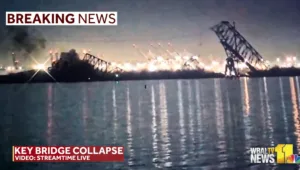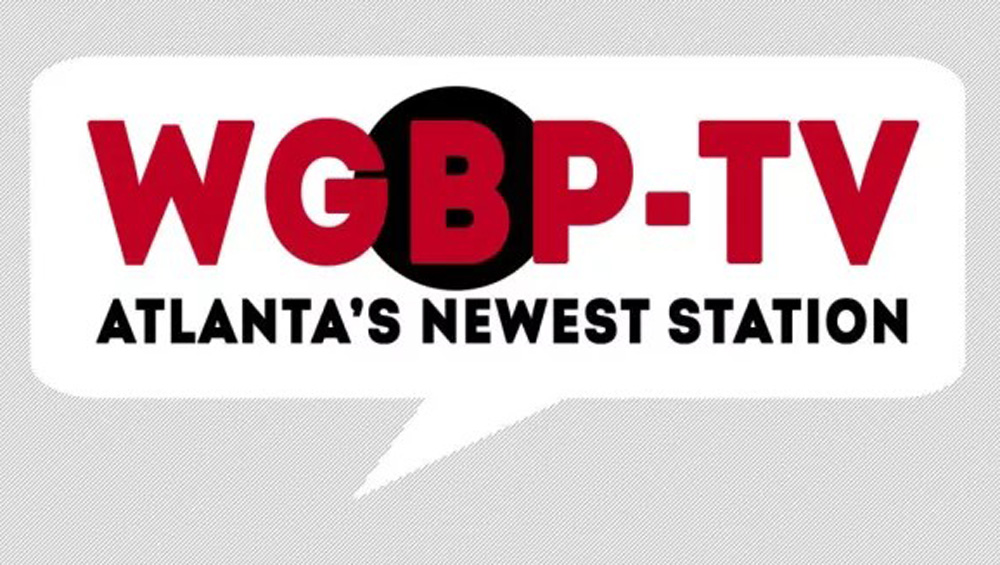
The FCC has denied the must-carry complaint of WGBP Opelika, Ala. (licensed to Columbus, Ga.), against DirecTV, but signaled the station can qualify for carriage next time around. There are three-year cycles for must-carry elections, but a new station can file for must-carry without having to wait for a new cycle.
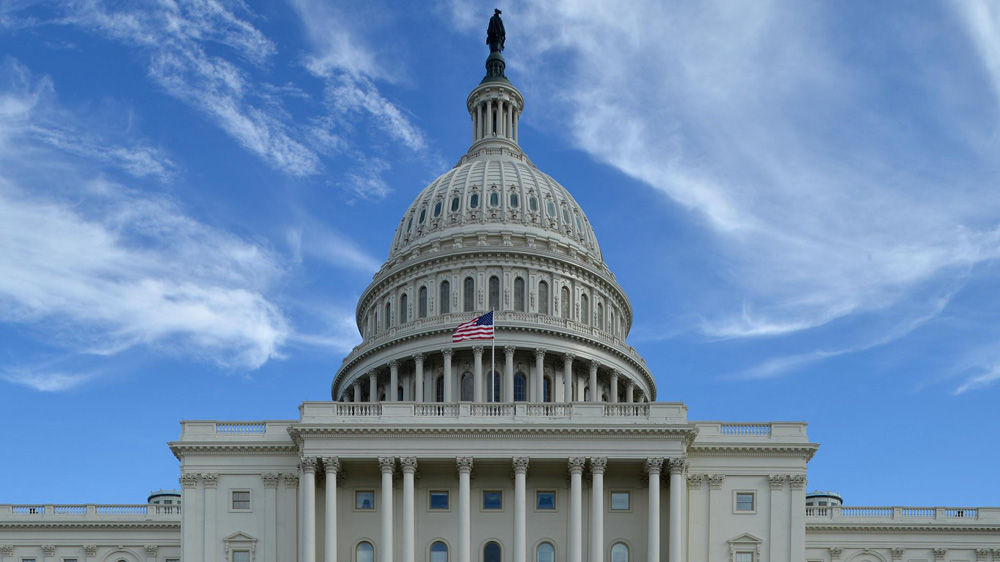
Sens. Roy Blunt (R-Mo.) and Ron Wyden (D-Ore.) are introducing a bill that would give some low-power television (LPTV) stations the opportunity to apply for Class A television service status, which includes must-carry rights. LPTVs haven’t been able to apply to the FCC for such status since 1999.
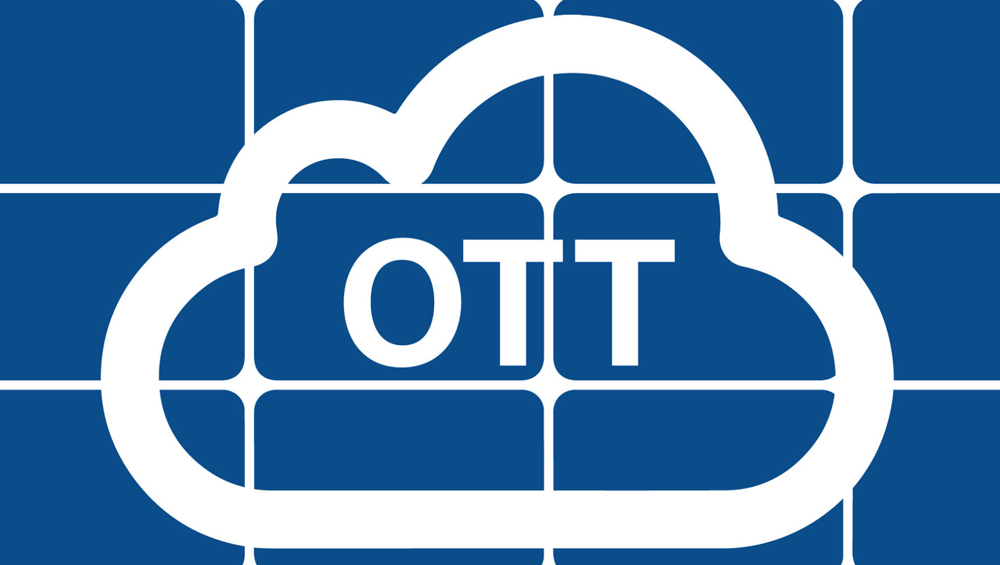
There is a major difference of opinion between the National Association of Broadcasters and the network affiliate broadcaster associations over whether the FCC should require streaming services to deliver emergency alerts. NAB says no, while network affiliates say yes, definitely. All they need to do is carry local TV station signals on their streaming services, which they are pushing the FCC to mandate.

Oct. 1 is the FCC’s deadline for TV stations to (1) upload to their online Public Inspection Files their must-carry/retransmission consent carriage election statements for the three-year cycle covering Jan. 1, 2021 to Dec. 31, 2023, and (2) notify MVPDs of any changes to their election status.
Must-Carry/Retrans Consent Notices Deadline

Notifications about cable carriage have now gone electronic — and contact people at stations and MVPDs for notices about carriage issues are now to be provided in the FCC-hosted online public inspection file and in the Cable Operations and Licensing System (COALS). Cable operators are required to upload the same information to COALS. This contact information must be uploaded no later than July 31 and must be kept up-to-date thereafter.

The FCC’s Media Bureau has dismissed a market modification request by independent WRNN for lack of sufficient supporting data, but invited the station to resubmit it with the requisite info. WRNN is an independent station that had been transmitting out of Kingston in upstate New York and is now co-located atop One World Trade Center in Manhattan and licensed to New Rochelle.
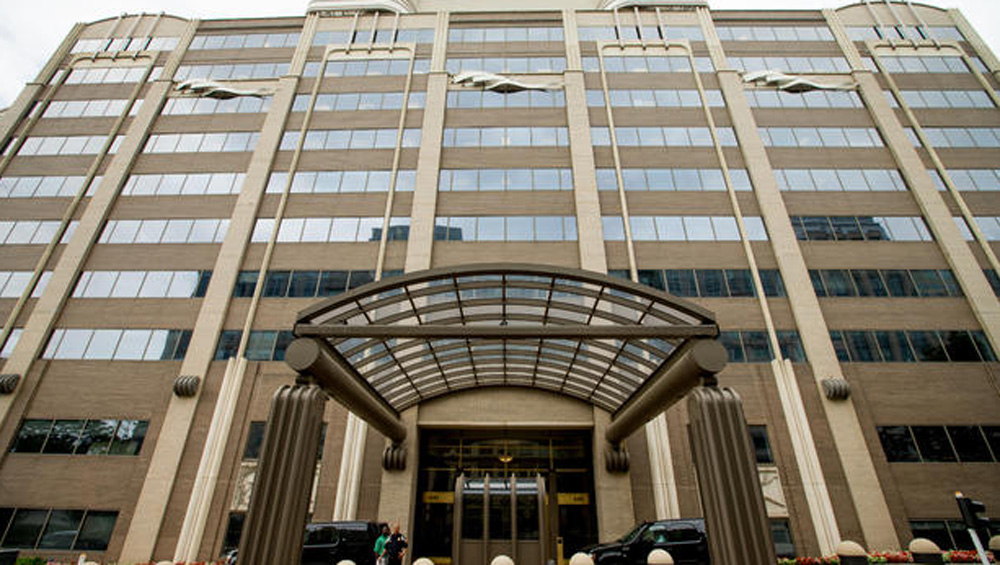
Broadcasters and satellite operators are at odds over who would be burdening whom under a new carriage election proposal the FCC is considering. The NAB and NCTA have joined in proposing changes to the carriage election — must carry or retrans — process, which the FCC is looking to streamline as part of FCC Chairman Ajit Pai’s deregulatory weed-whacking initiative.
Voices for TV Choices, a coalition of more than 170 individual TV stations, launched today with the goal of making sure that the FCC’s must-carry regulations, which stations can use to require local cable TV systems to carry their main channels, don’t get lost in the legislative shuffle as the pay-TV industry lobbies to kill retransmission consent.
Broadcast industry executives are turning up the heat in their campaign to retain an FCC rule that requires cable TV operators to ensure that all of their customers have access to local must-carry signals.
Continued extension of the small cable operator exception to the rule requiring carriage of high-def much-carry channels is needed more now than when it was adopted in 2008, the trade group says.
A Legal Look Ahead To Next Year
2011 will be a busy year for broadcasters with retrans, renewals and indecency, as well as for cable and satellite operators as well.











